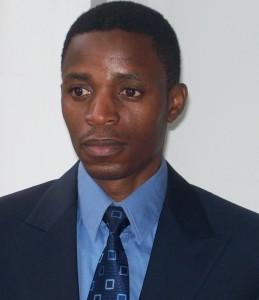Richard Chunga
Richard joined LSHTM in 2012 to commence his SHARE-funded PhD on sanitation technologies. A project planning and implementation specialist with over seven years experience working in the WASH and nutrition sectors, he also holds a an MSc in Project Planning and Management from Bradford University, an MSc in Water Management from Cranfield University and a degree from Bunda College of Agriculture in Malawi. Prior to joining LSHTM, Richard worked in various international organisations including Action Against Hunger, the United Nations Development Programme, Water for People and WaterAid.
Modelling Household Sanitation Technology Choices in Peri Urban Areas in Blantyre and Lilongwe, Malawi: A Revealed Preference Approach
Demand for sanitation is often assessed through a survey whereby respondents are presented with hypothetical but realistic sanitation technology options to choose from (stated preference). In this study, demand for sanitation was assessed by observing actual sanitation technology choices that households demanding sanitation services would make (revealed preference). A sanitation marketing intervention was implemented in Blantyre and Lilongwe (Malawi). The intervention involved developing sanitation technology catalogues, recruiting sales agents and distributing catalogues to the sales agents. The role of the sales agents was to identify sanitation customers and link them with masons.
The objectives of the study were:
- To understand household sanitation technology preferences
- To assess the attitude of urban households towards ecological sanitation
- To assess the attitude of urban households towards other alternative sanitation technologies
- To establish the role of sales agents in sanitation marketing
- To identify effective sales agents

